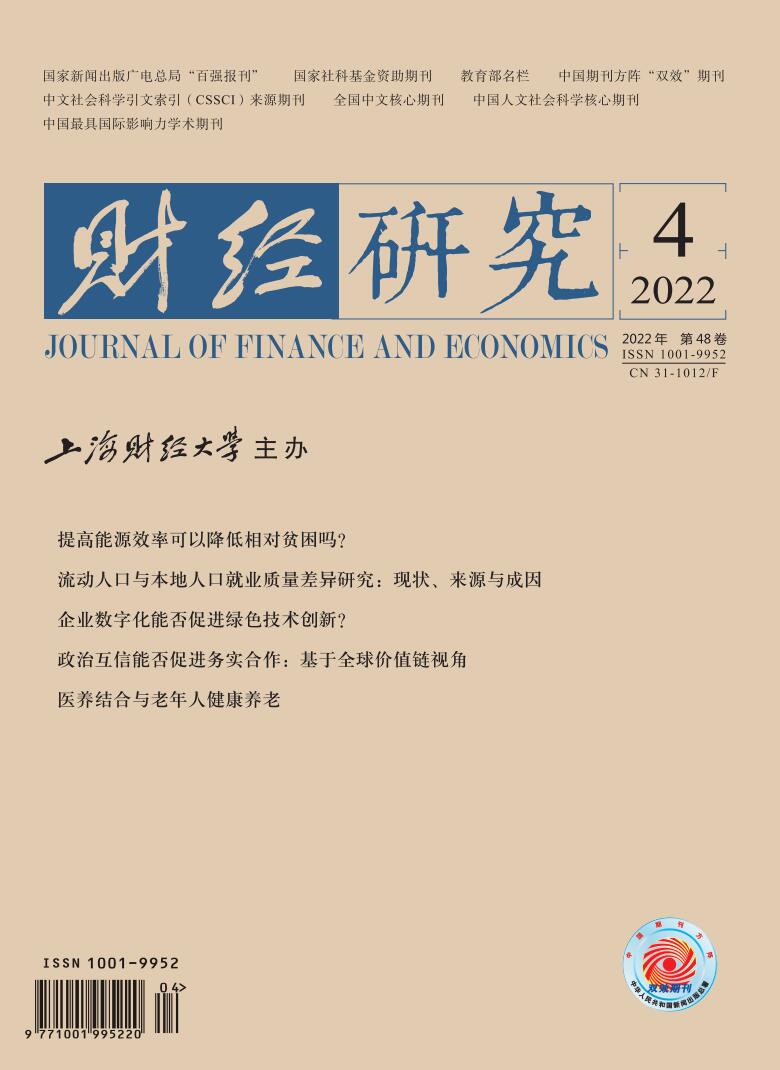As an important strategy for China’s opening up in the new era, the Belt and Road Initiative has an extensive and far-reaching impact on promoting the construction of a multilateral and global system and furthering the exchange and cooperation between the Third World countries. According to the previous practical experience, the construction of the Belt and Road mainly promoted cooperation and joint construction through a series of specific and pragmatic policies, and has made considerable progress. However, during the construction of the Belt and Road, it is not enough to focus on institutional arrangements. The significant cultural differences between the countries along the Belt and Road and China may also become an invisible resistance to the construction and development of the Belt and Road. Thus, for the first time, this article tries from the mitigation mechanism of cultural conflicts between countries to find some new ideas that will help to further promote the win-win cooperation of the Belt and Road.
Specifically, taking the countries along the Belt and Road from 2008 to 2017 as a sample, this study examines how the degree of friendship-city exchanges with China in different countries affect the country’s international competitiveness after the Belt and Road Initiative was proposed. We find that after the Belt and Road Initiative was put forward, the international competitiveness of countries along the Belt and Road with a high degree of friendship-city exchanges with China in history has been significantly increased; and that is due to the significant improvement in infrastructure, administrative institutions, financial market development, labor market efficiency, and commodity market efficiency. Further research shows that it is beneficial to share the development achievements of the Belt and Road Initiative through the establishment of international friendship for landlocked countries, low-income countries, countries with a shortage of foreign exchange, and countries with high demographic dividends along the Belt and Road.
The contributions of this study could be concluded in three aspects: First, it enriches the academic understanding of the economic impact of the Belt and Road, and confirms that the Belt and Road Initiative helps countries along the Belt and Road to improve their international competitiveness, and validates the economic effect of the win-win cooperation of the Belt and Road Initiative. Second, it expands the research literature on the economic value of international friendship between cities and finds that under the grand cooperation framework oriented by international economic cooperation, international friendship between cities has a significant role in deepening international cooperation and enhancing the international competitiveness of participating countries. Third, under the complex international situation, this study provides policy reference for promoting the win-win cooperation of the Belt and Road and accelerating the high-level opening up during the 14th Five-Year Plan period.





 5378
5378  4938
4938

